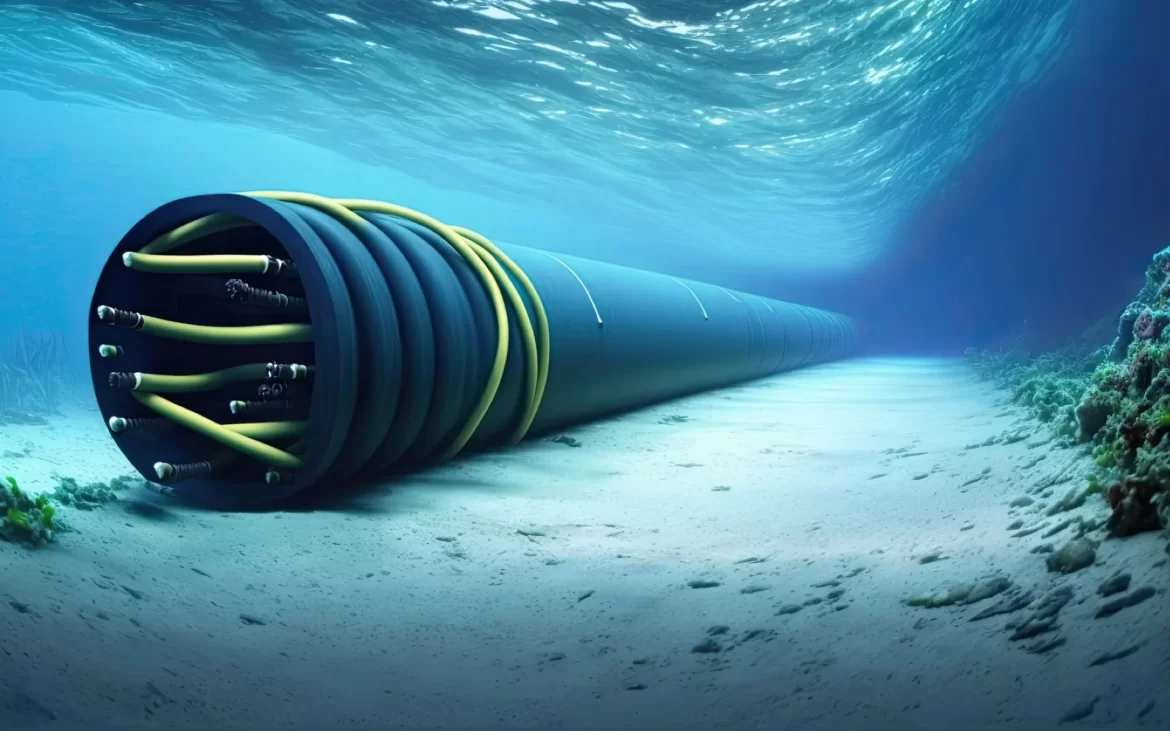Islamabad – Pakistan is poised to witness a significant improvement in internet speeds over the next 12 to 18 months, thanks to the government’s ambitious infrastructure plans. Officials have confirmed that three new submarine cables will soon connect the country directly to Europe, reducing reliance on limited existing routes and strengthening the nation’s digital framework.
New Submarine Cables to Enhance Connectivity
During a recent meeting of the National Assembly’s Standing Committee on Information Technology, the Ministry of IT and Telecommunications confirmed that agreements for the three submarine cable projects have already been finalized. These cables are expected to provide direct links to Europe, a move aimed at bolstering international connectivity and increasing overall internet reliability in Pakistan.
According to the ministry, these cables will diversify the nation’s internet pathways, which are currently dependent on a few limited routes. “This initiative will not only improve connectivity but also ensure faster, more stable internet services for Pakistani users,” said Secretary IT Zarar Hashim Khan.
Increased Bandwidth and Improved Service
Officials highlighted that the new cables will significantly increase bandwidth capacity. This enhancement is expected to deliver more consistent speeds and a higher-quality online experience for both individuals and businesses.
“Once these submarine cables become operational, users can expect a more stable and reliable internet service,” Secretary Khan added.
Currently, Pakistan faces intermittent internet slowdowns and occasional outages, particularly during peak usage periods, as seen during PTCL’s recent nationwide internet outage. Experts say these challenges are primarily due to limited international bandwidth and over-reliance on a few existing cable routes. The introduction of three additional cables aims to resolve these bottlenecks.
Addressing Internet Challenges
During the committee meeting, member Sadiq Memon raised concerns regarding recent internet disruptions and service reliability issues. In response, the Ministry of IT reassured that the new submarine cables would address long-term connectivity problems and improve the quality of online services across the country.
“The arrival of these projects will enhance Pakistan’s digital resilience and support the growing demands of e-commerce, online education, and remote work,” officials said.
Regional Context and Global Trends
Pakistan is not alone in investing in submarine cable infrastructure. Across Asia and the Middle East, countries are increasingly expanding their digital backbones to meet rising internet demand. Submarine cables remain the backbone of global connectivity, carrying over 95% of international data traffic. Direct European connections are particularly strategic for Pakistan, given Europe’s role in global digital commerce, cloud services, and international business operations.
Experts also note that stronger internet infrastructure can attract foreign investment in technology and digital sectors. With better speeds and reliability, Pakistan could become more competitive in regional outsourcing, e-learning, and digital innovation.
Looking Ahead
The three new submarine cables are expected to be operational within the next 12–18 months, signaling a transformative period for Pakistan’s internet landscape. Citizens and businesses alike can anticipate faster connections, reduced downtime, and improved overall user experience.
As digital dependence grows, especially for remote work, online education, and e-commerce, these infrastructure improvements will play a crucial role in supporting Pakistan’s economic growth and technological development.















